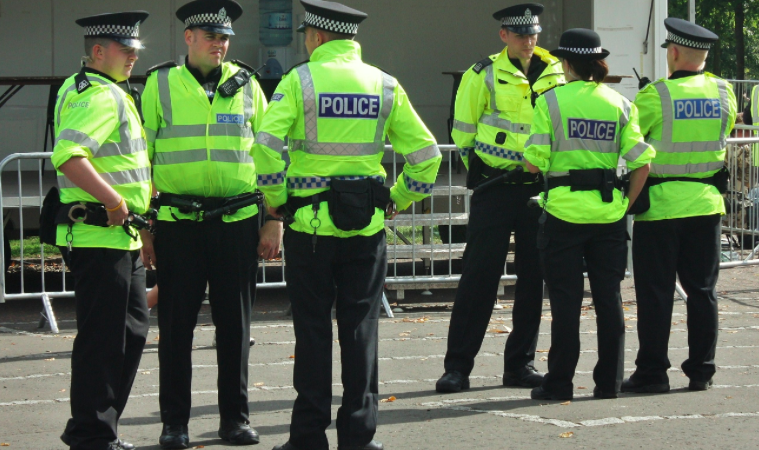There's no long-term help from the state for victims once they've been identified. If we want to get serious on modern slavery this must change.

Today the Inspectorate of Constabulary said that victims of modern slavery and trafficking in Britain are being seriously let down by “deficiencies in basic policing practice”. This is only half the story though, writes Jakub Sobik of Anti Slavery International.
In a damning report on the state of British policing and modern slavery, Wendy Williams, the inspector of constabulary said this morning: “we found inconsistent, even ineffective, identification of victims [of slavery] and investigations closed prematurely.” She continued:
“Victims were being left unprotected, leaving perpetrators free to continue to exploit people as commodities.”
Williams said that although slavery investigations often require significant manpower and resources, it was basic failings in policing practice that let victims down far too often.
The report highlights how much remains to be done to tackle modern slavery in Britain. Although the Modern Slavery Act 2015 was passed two years ago, it’s simply not enough if police forces are failing to enforce it.
It’s clear from Williams’ comments that police forces struggle to understand what modern slavery is.
So, firstly, police need to be better trained to effectively identify trafficked people; a large part of this will be understanding why and how modern slavery occurs.
The police need to recognise that slavery doesn’t mean shackles and chains, but involves more subtle methods of coercion: debt, threats of violence and generally positions of vulnerability being taken advantage of.
People in slavery don’t have to be physically constrained. Their position of servitude can be maintained because, for example, their family might be threatened with violence, or they are threatened they’ll be reported to the police and deported.
But secondly, we need to recognise that the police can only ever play a limited role in tackling modern slavery.
There’s only so much criticism one can level at frontline policing when you consider that we lack any kind of comprehensive system for protecting and caring for victims once a case had been identified. Let me explain.
As it stands, if victims are lucky enough to be recognised by frontline police as victims of slavery, they’ll then be referred to one of two bodies: if they are a non-European national to the Home Office Visas and Immigration; if a UK or European national to the National Crime Agency.
Those referred to the Home Office often face officials who seem more determined to check their immigration status than whether they are victims of slavery.
Even if they’re formally recognised as victims, there’s no guaranteed long term accommodation or support on offer. Many victims do receive further support from some great organisations working around the UK — but many don’t.
We know of cases where victims have become destitute or have been exploited again by their traffickers, who can at least guarantee a roof over their heads.
We need to change this and build a system that protects victims at all stages of their recovery. We need to focus our efforts on first recognising, and then protecting and supporting the victims of modern slavery. And we need to build a comprehensive system that doesn’t leave vulnerable people in perilous situations.
Jakub Sobik is communications manager at Anti-Slavery International. He tweets here.
To reach hundreds of thousands of new readers and to make the biggest impact we can in the next general election, we need to grow our donor base substantially.
That's why in 2024, we are seeking to generate 150 additional regular donors to support Left Foot Forward's work.
We still need another 124 people to donate to hit the target. You can help. Donate today.



